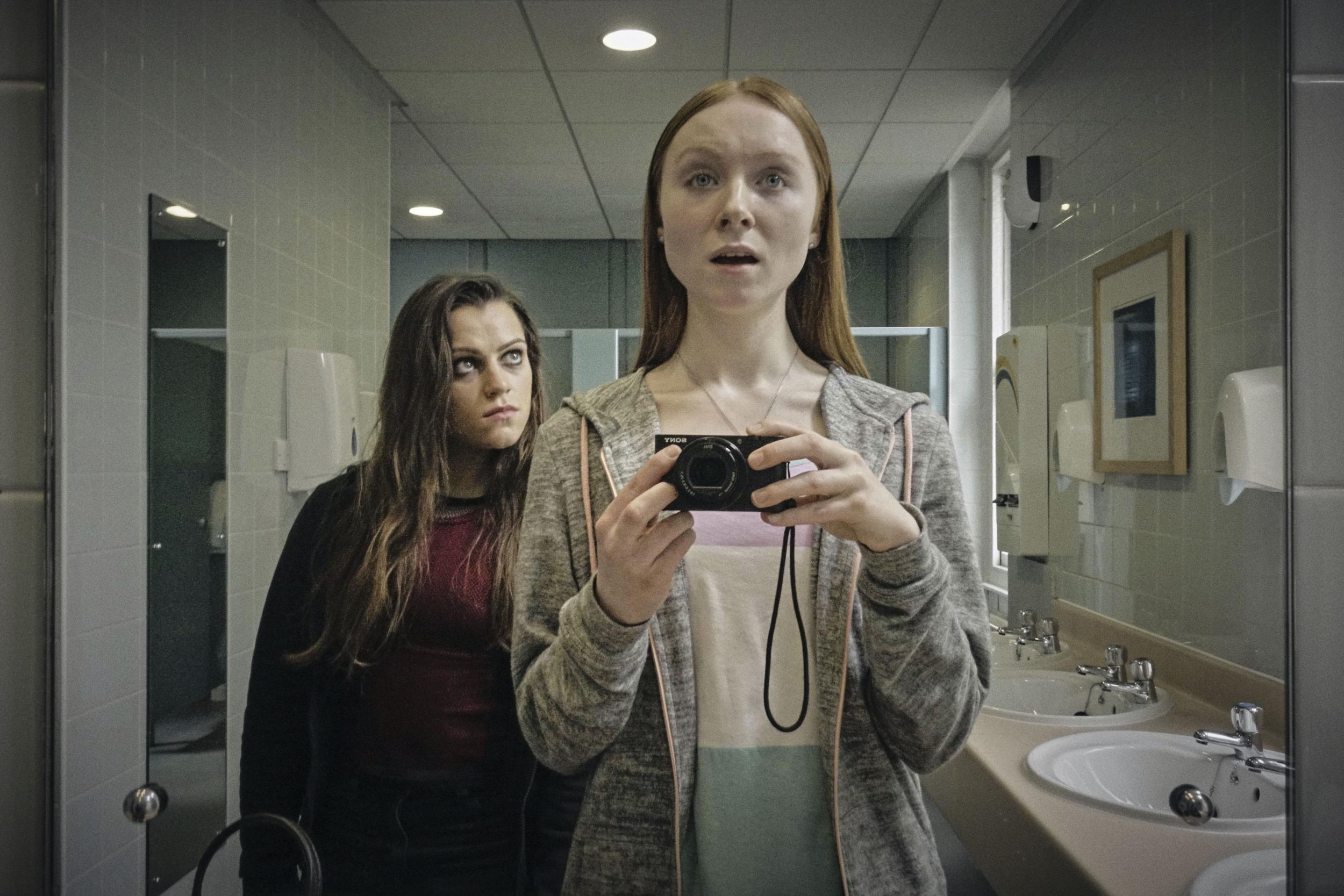Unlike 'To The Bone', the BBC’s 'Overshadowed' is an example of how to make TV shows about anorexia
In this show, anorexia is actually personified. The illness is played by one of the writers of the show, Eva O’Connor, and it works quite effectively to demonstrate that an eating disorder is separate from the person it latches onto


Anorexia is a notoriously difficult subject for TV, movies, books and songs to get right. It is the deadliest mental illness – 20 per cent of sufferers die prematurely because of their condition – and yet, we struggle to make decent, responsible pop culture about it.
As an anorexia survivor myself, someone who has tried to make themselves vanish, I wish we could tell our stories more easily, I wish we could make people see what it’s really like to kill yourself slowly by starvation. But it’s difficult, because if you show what it really is to have anorexia, you risk educating vulnerable people on how to do it.
Anorexia contagion is a very serious, very real thing. Take the Netflix film To The Bone, which starred an emaciated Lily Collins earlier this year, as an example of how not to make a movie about anorexia. Despite the creator’s noble intentions – Marti Noxon is a survivor herself and no doubt simply wanted to raise awareness of an elusive, maligned illness – the film was a dangerous tutorial on how to lose weight, resist treatment and deceive the people you love. It, like so many pop culture incarnations before it, fell into the trap of glamourising an illness that, in actual fact, is just plainly harrowing.
And so, I’m left wondering, is it even possible to make responsible art about eating disorders? What’s more important: telling our stories for the purpose of increased compassion, or protecting those who might be susceptible to the disorder from feeling inspired?
We may have an answer, in a brand new TV show out this week on BBC3. Overshadowed is an eight-part series about a teenager with anorexia. Imogene is a YouTube ingénue; a vivacious, likable Irish girl who documents her life on camera. We start out watching her interactions at school, her run-ins with her mother, her banter with her little sister. But with each short episode, we start to see something darker: the intrusion of anorexia into Imogene’s otherwise lovely life.
In this show, anorexia is actually personified. The illness is played by one of the writers of the show, Eva O’Connor, and it works quite effectively to demonstrate that an eating disorder is separate from the person it latches onto. Anorexia, as we see here, is a parasite and a manipulator – more complex and more sinister than a diet. The illness speaks to Imogene, it taunts her, tells her to exercise, weigh herself and stop eating, and beckons her away from her family and friends. We watch as her relationships disintegrate, which is every bit as important a sign of someone’s anguish as their BMI. And that’s what I like about this show: it’s about the breakdown of someone’s life, as much as the shutting down of her body.
I wasn’t triggered by this series in a way I have been before – by To The Bone, for instance. Its creators have deliberately tried to protect people like me, by not mentioning weight, not counting calories, and not asking its protagonist to become skeletal. Watching it, I recognised an illness that haunted me for years, but
didn’t feel compelled to repeat any of my old habits. So, in part, the show is for survivors like me. But it’s also, I hope, for people who haven’t been through an eating disorder.
It’s simple and emphatic in its message: that anorexia is about more than losing weight and it is devastating for entire families. It’s not perfect – here we are with yet another story about a skinny, white girl with anorexia, when we desperately need some diversity in the stories we hear about eating disorders. But it is an intelligent, empathetic shot at showing what anorexia can really be like.
Eva O’Connor, who co-wrote the show with her friend Hildegard Ryan, lived with anorexia for eight years. She knows as well as anyone how difficult it can be to watch something about anorexia – let alone make it. “I’m sure it will be too much for certain people,” she tells me.
“I remember watching something with my mum years ago about a girl who was really sick and she was recovering and it was an hour long documentary and we turned it off and both burst into tears and I feel like our show might do that for some people – they’ll see themselves in it. But hopefully they’ll watch it to the end and cry and say, I want to recover. I want people to know it is 100 per cent possible to recover. When you’re in recovery, you need lots of reminders that you can do it and to keep going. I hope that Overshadowed is one of those signs for someone, to keep going towards recovery.”
If this show convinces one person to get help, to acknowledge their illness or commit to recovery, then we have our answer: it is, after all, possible to make good TV about anorexia.
Join our commenting forum
Join thought-provoking conversations, follow other Independent readers and see their replies
0Comments